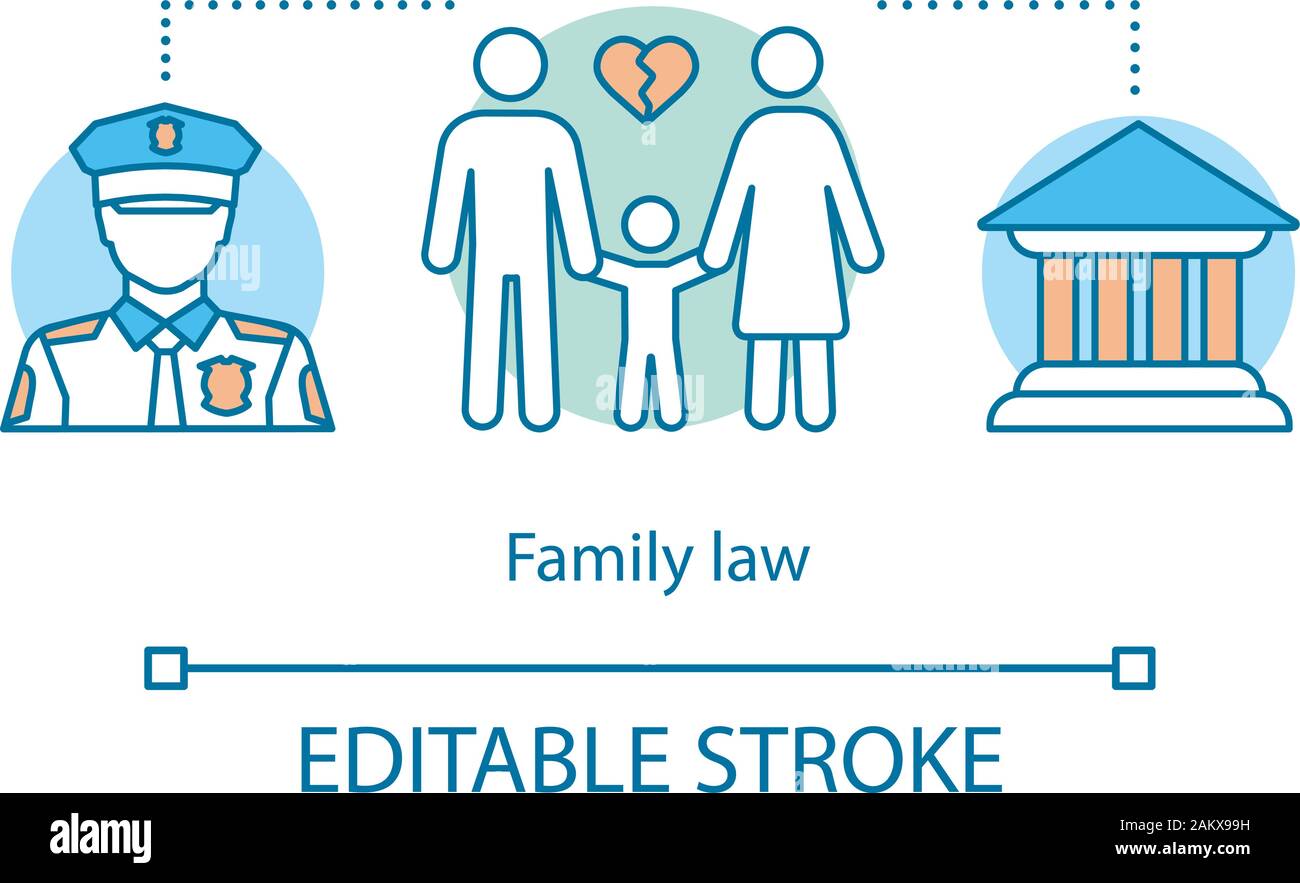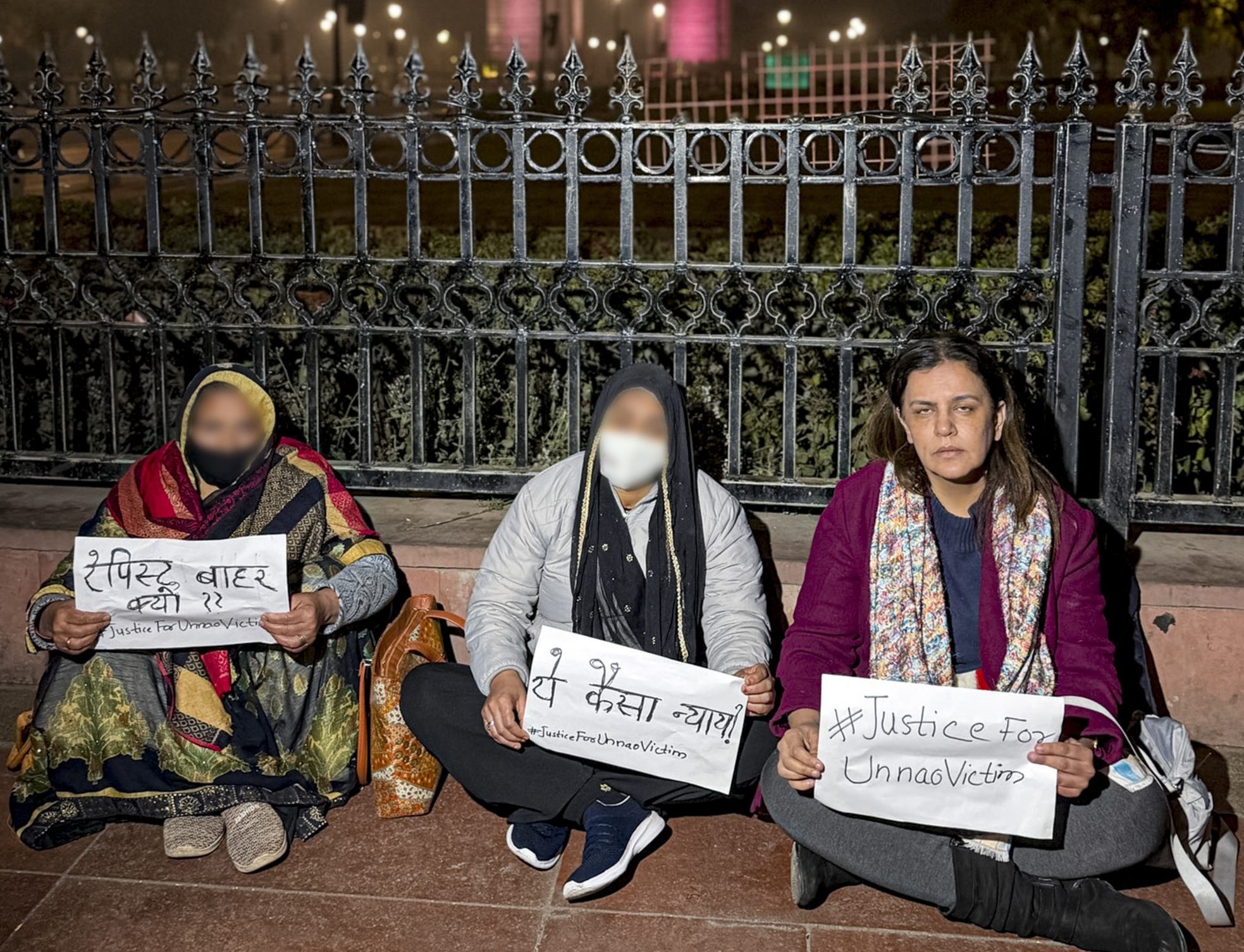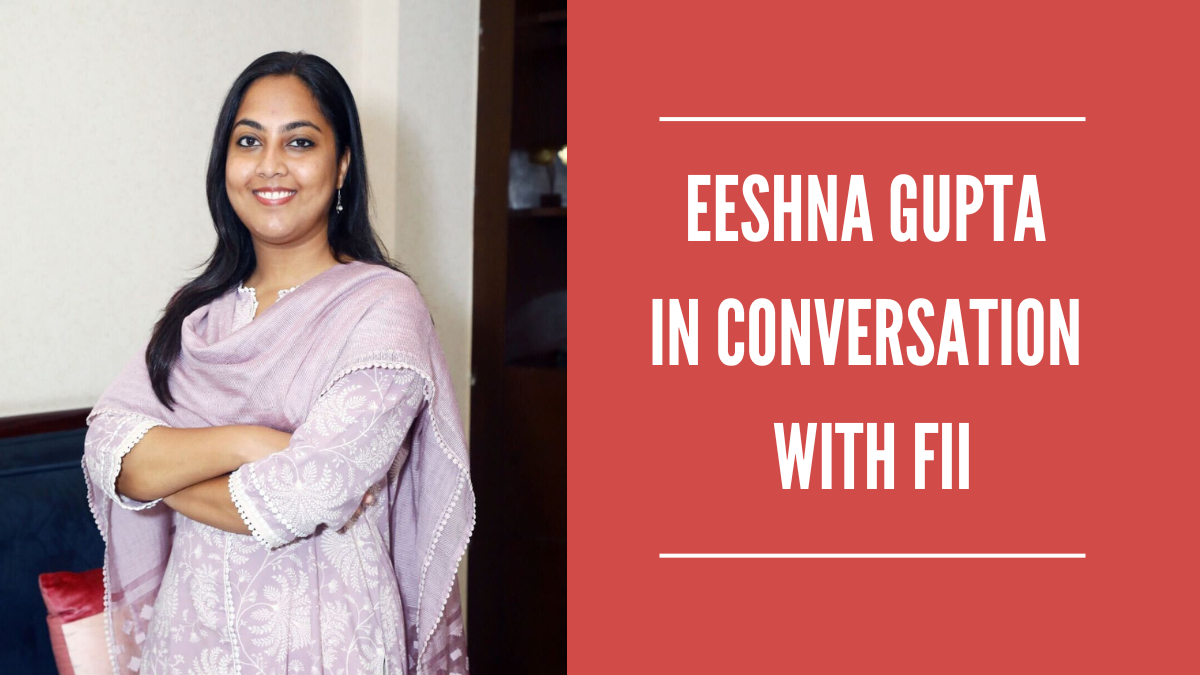The COVID-19 pandemic claimed innumerable lives, and orphanhood was an unprecedented calamity for children who lost both their parents to the virus. According to reports, the number of orphans during the pandemic in India, as estimated by the National Commission for Protection of Child Rights (NCPCR) from different states and union territories, was 1.53 lakh.
Recently, the Supreme Court granted the custody of a five-year-old child to his paternal grandparents and dismissed the May 2 order of the Gujarat High Court, which had handed over the custody of the minor to his maternal aunt. The Bench comprising justices M.R. Shah and Aniruddha Bose found the HC order “unsustainable” and stated, “Income or age or a bigger family cannot be the sole criteria to tilt the balance and not to give the custody of the grandson to the paternal grandparents.”
In the aftermath of the tragic demise of the child’s parents during the second wave scare last year, the paternal grandparents had filed a petition claiming the orphaned boy’s custody. They had approached the Gujarat High Court, alleging that they were not allowed to meet or visit their grandson, according to media reports.

The COVID-19 pandemic claimed innumerable lives, and orphanhood was an unprecedented calamity for children who lost both their parents to the virus. According to reports, the number of orphans during the pandemic in India, as estimated by the National Commission for Protection of Child Rights (NCPCR) from different states and union territories, was 1.53 lakh.
In early May 2022, the Bench comprising Justice Sonia Gokani and Justice Mauna Bhatt said, “Though we did feel that both the parties would have understood the importance of life after having lost respective family members at a young age, neither side was ready to let go.” Keeping the emotional pleas of both the parties aside, the Bench observed, “sentiments expressed by both sides alone may not act as a guiding factor,” and noted that the child’s future and “welfare” were “paramount”.
In handing over the custody to the maternal aunt, the Bench argued that she — a Central Government employee with a decent salary and living in a joint family — was in a “better position to look after the child.”
Disappointed with the HC decision, the paternal grandparents appealed against it. On June 9, in the case of “Swaminathan Kunchu Acharya v. State of Gujarat”, the SC order granted the custody of the child to the paternal grandparents over the maternal aunt.
In the aftermath of the tragic demise of the child’s parents during the second wave scare last year, the paternal grandparents had filed a petition claiming the orphaned boy’s custody. They had approached the Gujarat High Court, alleging that they were not allowed to meet or visit their grandson, according to media reports.
What do these two statements and the rationale behind them mean or indicate?
In an exclusive email interaction with Feminism In India, Anant Kumar Asthana, Child Rights Lawyer, Delhi, highlights the differences between the decisions taken by both the Gujarat High Court and the Supreme Court, discusses the importance of a child’s opinion in custody battles, reminds us of the provisions under the Juvenile Justice (Care and Protection of Children) Act, 2015, and argues there is, in fact, no scope of ascertaining gender bias or discrimination at work in the courts’ statements.

Here are some excerpts:
Ipshita: Reversing the May 2 order of the Gujarat High Court, which granted custody to the maternal aunt, the Supreme Court granted the custody of a five-year-old child, who lost both parents to COVID-19, to his paternal grandparents. The SC stated that the HC had committed an “error” despite having cited relevant grounds that “are not germane”. What is your take on the differences between the SC and the HC statements?
Anant Kumar Asthana: In Para 7, the SC decision has recorded, “We are of the opinion that if the balance is to be struck between the paternal grandparents and the maternal aunt …, the balance would certainly tilt in favour of the paternal grandparents. However, we may not be misunderstood that the maternal aunt may not take proper care of the minor son of her deceased sister.” Both courts have taken the “best interest of (the) child” on principle, but the SC finds the balance tilting in favour of paternal grandparents.
While the HC has given several reasons why they favour the aunt, SC has held these reasons not ‘germane’ and has expressed their views as to why they favour the grandparents in the following words, “In our society still, the paternal grandparents would always take better care of their grandson. One should not doubt the capacity and/or ability of the paternal grandparents to take care of their grandson. It is said that the grandparents love the interest rather than the principle. Emotionally also, the grandparents will always take better care of their grandson. Grandparents are more emotionally attached to grandchildren.”
I find the views of the SC traditional. These views can, at best, be beliefs, but there is no evidence to support these beliefs. Additionally, what has weighed in front of the SC is the fact that the HC itself gave interim custody to the grandparents.
Ipshita: Is there a patriarchal mindset at work behind the SC order that doesn’t seem to have ‘adequate’ trust in a much younger maternal aunt, who is a government employee and is in a better position to take care of the minor? Is an “unmarried” 46-year-old aunt ‘unreliable’, perhaps?
Anant Kumar Asthana: I do not find anything in the SC judgement which can be construed as reflecting a patriarchal mindset at work. Nowhere has the SC held the aunt as “unreliable”. Instead, the SC was aware that their views could be read as if they were casting some doubt on the maternal aunt. They have clarified by saying, “However, we may not be misunderstood that the maternal aunt may not take proper care of the minor son of her deceased sister.”
Ipshita: How much do a minor’s opinion and prerogative matter in deciding their fate in a custody battle? Are gender hierarchy and dynamics at play here because the minor is a boy and by virtue of his gender, the paternal grandparents are, somehow, ‘entitled’ to more rights and privilege in terms of the boy’s custody?
Anant Kumar Asthana: The minor’s opinion and prerogative definitely matter a great deal in such decisions before the courts. It is included in the process of determining “best interest”. In fact, if you see the Juvenile Justice (Care and Protection of Children) Act (2015), it has explicit provisions stating that if the child does not want to go back to his or her family, they cannot be compelled to do so. The SC had taken this aspect into account when they observed, “There was no grievance made by the minor. On the contrary and as observed hereinabove, the minor has shown his willingness to stay with the appellant.” I don’t find anything in the SC judgment nor in the HC Judgment, which displays gender hierarchy and dynamics at play.
Ipshita: “In our society, the paternal grandparents would always take better care of their grandson. They are emotionally more attached to grandchildren and the minor will get a better education in Ahmedabad in comparison to Dahod,” the Bench said. Isn’t this a sweeping statement leaning toward sexism, exclusion, and discrimination?
Anant Kumar Asthana: These are traditionally held views which are not based on evidence. I could not find anything in the judgement to decipher if this was even contested in court. One may need to look at the pleadings of the case to find out if these views were engaged by any of the parties in this litigation. These are sweeping statements, but I don’t see these as leaning toward sexism, exclusion, and discrimination in this case.
Ipshita: Is this a case of denying the minor’s custody to his paternal grandparents, or is it an act of refusal to acknowledge the maternal aunt’s capability in bringing up a child because she hasn’t experienced ‘motherhood’?
Anant Kumar Asthana: I don’t think this is a case which has adjudicated the maternal aunt’s capability.
Also read: How Sexual Violence Gets Interpreted Under The Hetero-Masculinist Lens Of The State
Ipshita: Could there have been an alternative decision to the matter?
Anant Kumar Asthana: Given the fact that the Gujarat High Court made tremendous efforts in making the parties arrive at a consensus and yet no consensus could be worked out, and also the fact that both the courts have accorded some words of advice to both parties, I think both the courts were constrained to take a call on the specific issue as to who will get the custody, and both of them have decided exactly this.
I don’t see scope for an alternative decision in the facts of this case. I appreciate that the SC has taken a quick call and set the child free from a situation of being in limbo. Getting trapped in long-drawn legal battles is the worst thing for anyone and more so for children because the impacts are irreversible, and the trauma of litigation sustains. Despite this decision on the issue of custody, there are proceedings on guardianship going on in a different court, as is recorded in the SC decision. This means that the child will continue to suffer in litigation. That is the part I have felt the saddest while reading these orders.
Also read: Why Must The Criminal Law Reform Committee Be Disbanded?
Featured image source: Maryville University Online
About the author(s)
With over 10 years’ experience in publishing and journalism, Ipshita Mitra has a Bachelor’s degree in English Literature from Miranda House, DU and holds a PG Diploma in English Journalism from IIMC. She did her MA in Gender and Development Studies and is currently pursuing her PhD in Gender Studies from IGNOU.
She has worked with The Times of India, The Asian Age, The Quint, Om Books International, World Monuments Fund India Association, and The Energy and Resources Institute (TERI). In 2016, her short story ‘Cacophony of Silence’ was published by Nikkei Voice, a Canadian-Japanese newspaper. In 2020, her short story ‘Bohemian Sailor of the Gulf’ was published by Sublunary Editions, a Seattle-based independent publisher. The Indian Quarterly (April–June 2021) published her short fiction, ‘Kabuliwala Returns’. She writes on books, culture, environment, and gender for TerraGreen, The Hindu, Scroll.in, The Wire, Wasafiri, Firstpost, Huffington Post, India Currents, and others. She tweets @ipshita77.





